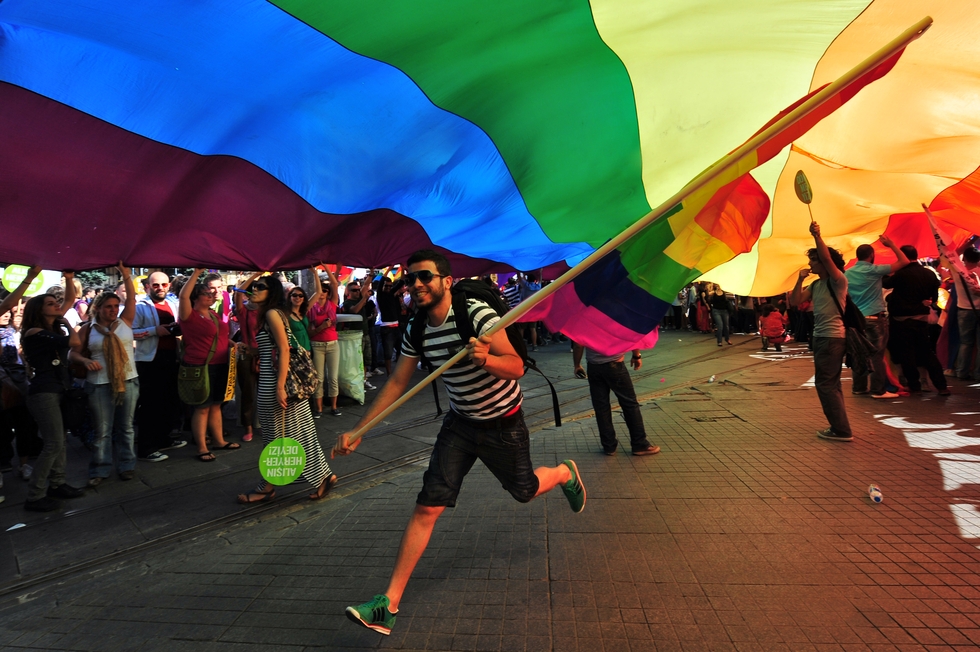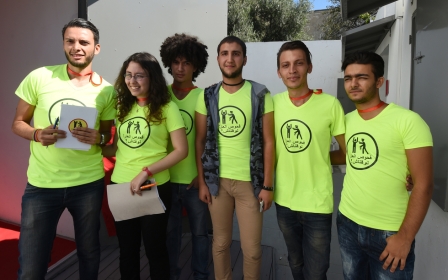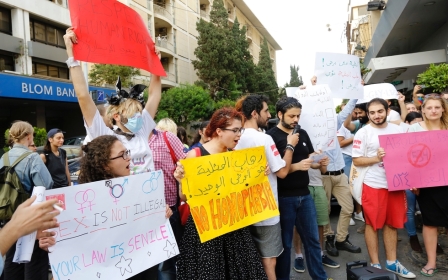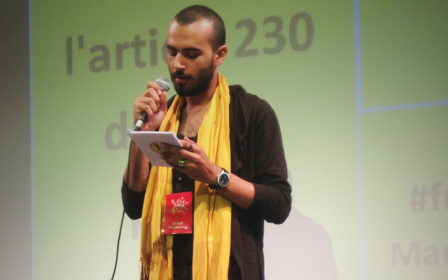Dismay as Muslim states block LGBT rights groups from attending UN Aids summit

A grouping of more than 50 Muslim nations has "uninvited" 11 gay and transgender bodies from attending a high-level United Nations meeting in Egypt on ending Aids, to the dismay of lesbian, gay, bisexual and transgender (LGBT) activists.
The European Union and the United States are protesting after Egypt called for the groups to be barred from attending the Aids conference, in a request sent on behalf of the Organisation of Islamic Cooperation (OIC), according to a letter seen by AFP.
European Union ambassador to the UN Joao Vale de Almeida said the LGBT bodies had been struck from the list after objections from UN member states, while US ambassador to the UN Samantha Power said the non-government groups blocked from attending next month’s meeting “appear to have been chosen for their involvement in LGBTI, transgender or youth advocacy.”
In a letter to UN General Assembly president Mogens Lykketoft, Power called for the groups, including US-based Global Action for Trans Equality and Estonia-based Eurasian Coalition On Male Health, be allowed to take part in the meeting as a show of solidarity with the UN's Free & Equal LGBT rights campaign.
In addition to European, African and US gay rights groups, Egypt objected to the participation of groups from Thailand, Guyana, Jamaica, Peru, Ukraine and Egypt. In Egypt’s socially conservative society, homophobia is deeply embedded, with 95 per cent of Egyptians sharing the conviction that “homosexuality should not be accepted”, according to a poll conducted by the Pew Research Centre in 2013.
“Given that transgender people are 49 times more likely to be living with HIV than the general population, their exclusion from the high-level meeting will only impede global progress in combatting the HIV/AIDS pandemic and achieving the goal of an AIDS-free generation,” Power wrote in her letter. "We are deeply concerned that at every negotiation on a new General Assembly gathering, the matter of NGO participation is questioned and scrutinised."
She added: “The movement to block the participation of NGOs on spurious or hidden grounds is becoming epidemic and severely damages the credibility of the UN."
Brian Whitaker, author of Unspeakable Love: Gay and Lesbian Life in the Middle East, told MEE that the move by the OIC “wasn't a surprise given its history adopting anti-gay position in international forums”.
However, he added that “attitudes in Egypt and the Middle East are changing” with the rise of social media and increasingly vibrant discussions of gay marriage in America and Europe.
The UN meeting is aimed at fast-tracking measures to end the HIV epidemic by 2030 and follows a campaign by UN Secretary-General Ban Ki-moon for LGBT equality in recent years. In 2014, Ban said the UN would recognise all same-sex marriages for its staff and allow them to receive the same benefits as heterosexual couples.
However in a sign of deep divisions within the body over identity politics, Russia, with the support of 43 states, including Saudi Arabia, Iran, Egypt, Pakistan and Syria, unsuccessfully attempted to overturn the move.
Earlier this year, the 25-member Group of Friends of the Family, an international body which promotes the traditional family, protested against six new UN stamps designed to promote LGBT equality.
The group, which is led by Qatar, Egypt and Belarus, also launched a photo exhibit, entitled “Uniting Nations for a Family Friendly World” on 17 May, which is the International Day Against Homophobia, Transphobia and Biphobia.
New MEE newsletter: Jerusalem Dispatch
Sign up to get the latest insights and analysis on Israel-Palestine, alongside Turkey Unpacked and other MEE newsletters
Middle East Eye delivers independent and unrivalled coverage and analysis of the Middle East, North Africa and beyond. To learn more about republishing this content and the associated fees, please fill out this form. More about MEE can be found here.




